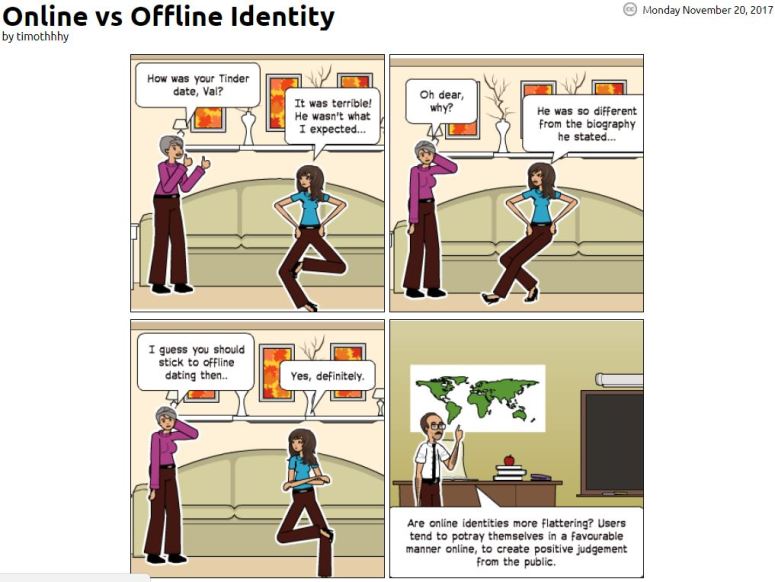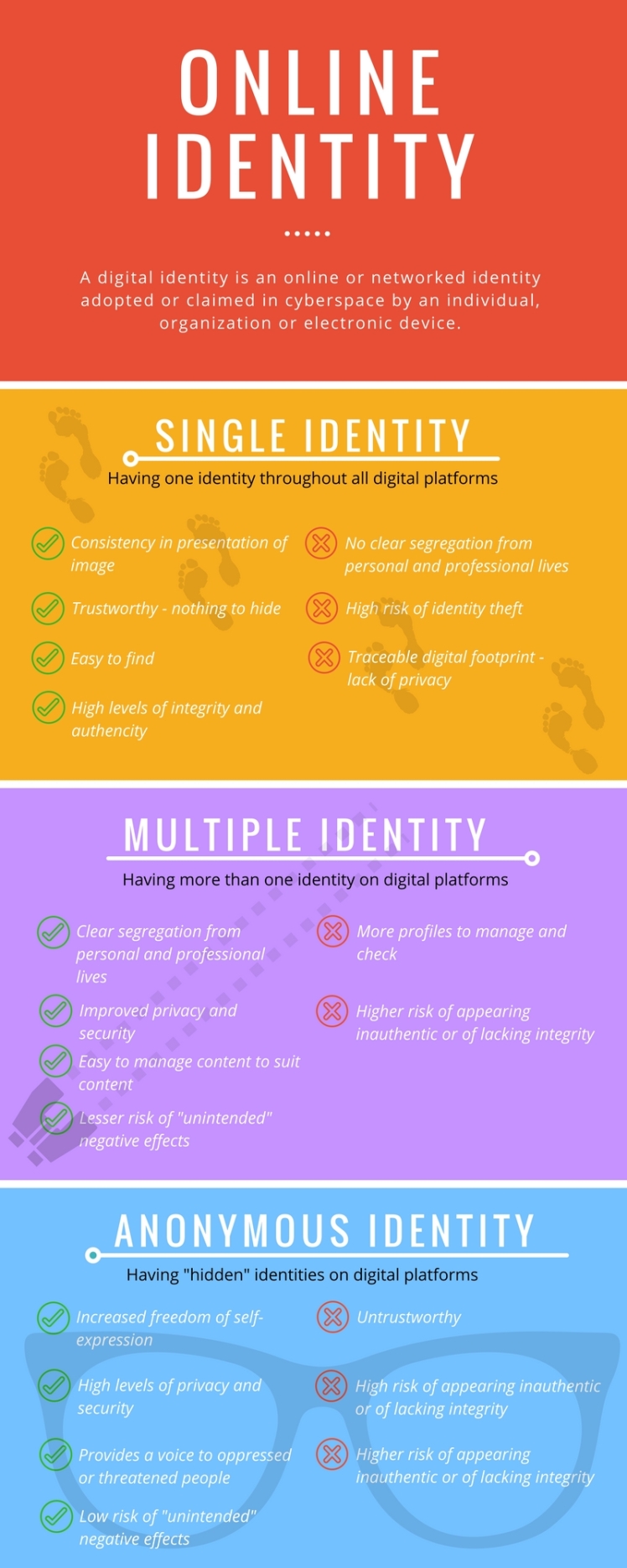
A Web Full of Identities
An online identity consists of a single or several partial identities/personas that represent different characteristics. Indeed, online activities are no longer separable from our real lives, but an integral part of it. There is no doubt that the emergence of the web has had a massive impact on the way people connect, interact and share information with one another (Costa & Torres, 2011). As the internet gained prominence in our lives, having a multitude of “online identity” is common.
Continue reading →








